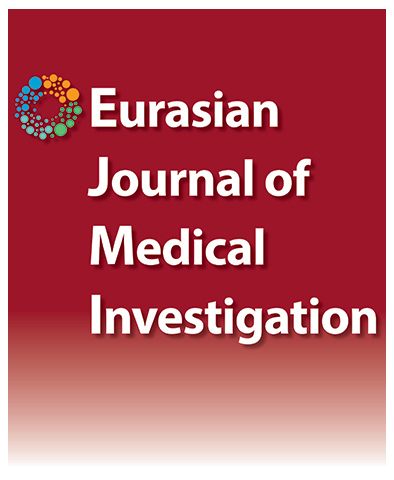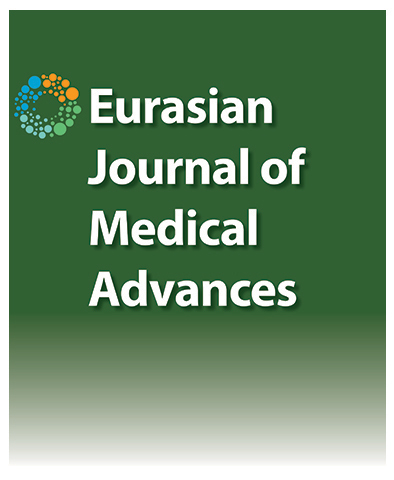The Effect of Respiratory Exercises on People with Ongoing Dyspnea and Recovered from COVID-19
Şerife Çetin1, Murat Çetin2, Ali Kaplan1, Özlem Kaplan3, İlhami Çelik41Department of Medical Services and Techniques, Kayseri University, Kayseri, Türkiye2Department of Cardiology, Public Hospital, Kayseri, Türkiye
3Department of Nursing, Erciyes University, Kayseri, Türkiye
4Department of Infectious Diseases and Clinical Microbiology, City Hospital, Kayseri, Türkiye
Objectives: Dyspnea is the most common symptom after having coronavirus disease 2019 (COVID-19). In this study, we evaluated the effect of respiratory exercises on dyspnea in the post-acute period in people who recovered from COVID-19 disease but continued to have dyspnea.
Methods: This research was a randomized controlled, single-blind experimental study. Research data were collected between October 1, 2020 and January 31, 2021, and a total of 50 patients, 24 intervention and 26 control groups, were included in the study. The intervention group received diaphragmatic and lip-contraction breathing exercises for 10 minutes twice a day for a month, while the control group did not receive any exercise in addition to standard treatment. Dyspnea-12 (D-12) and the Numerical Rating Scale (NRS) were used as outcome measurement tools.
Results: There was no difference between initial D-12 and NRS scores in the intervention and control groups, and the groups were normally distributed. After the application, the D-12 and NRS Scale scores of the intervention group were significantly lower than those of the control group (p<0.05). Moreover, the last measurements of the intervention group were significantly lower than the D-12and NRS scores than the initial measurements (p<0.05).
Conclusion: According to the results obtained, diaphragmatic and pursed lip breathing exercises are effective on postrecovery dyspnea in COVID-19 patients.
Manuscript Language: English





